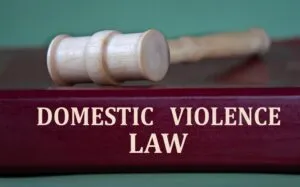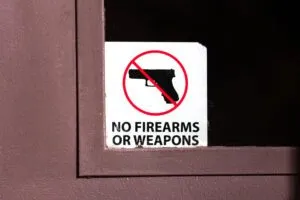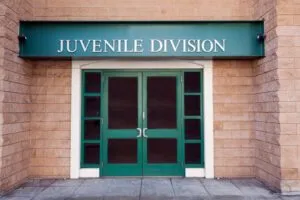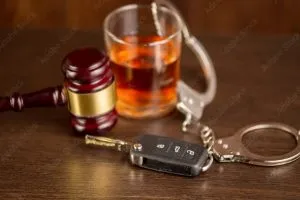Facing criminal charges can be a frightening and confusing experience. If you made a mistake or got caught in the wrong place at the wrong time, you probably have questions about the charges and potential penalties, your legal rights and options, and how our skilled legal team can resolve your case, mitigate collateral consequences, and help you find support for underlying issues like drug or alcohol addiction. Browse our FAQs for answers.
AllAssault and BatteryClerk Magistrate HearingsCourt HearingsCriminal DefenseDomestic ViolenceGun ChargesJuvenile DefenseOperating Under The Influence (OUI)Property CrimesSex Crimes
-
What is the Difference Between Robbery and Burglary?

-
What Is Considered Domestic Violence?

-
What Are The Penalties for Illegal Gun Possession in Massachusetts?

-
What Are The Penalties for Assault and Battery on a Family Member in Massachusetts?

-
What is the Difference Between Assault and Battery?

-
Do You Need a Lawyer for Juvenile Court?

-
What Is a Massachusetts Clerk Magistrate’s Hearing?

-
Can Anyone File a Criminal Complaint Against Me?
-
What is the Difference Between a Grand Jury and a Jury Trial?
-
Should I Take a First-Time DUI Plea Deal?

-
How Can I Be Found Guilty?
-
What is the Domestic Violence Process in Massachusetts?
-
Will My Case Be Tried Before a Judge or a Jury?
-
What Are Some Tips for Winning In Court?
-
Operating Under the Influence (OUI) Defense FAQs
-
Why Are OUI Arrests So Common in Massachusetts?
-
How Does a Police Officer Determine Impairment?
-
What Are My Rights If I Get Pulled Over For an OUI?
-
What is Considered Probable Cause in a Domestic Assault Case?
-
Protective Order vs Restraining Order: What’s the difference?
-
What happens at a Clerk Magistrate Hearing?
-
What are the Penalties for Sexual Assault in Massachusetts?
-
How Can Accusations of Domestic Violence Affect My Child Custody Case?
-
How Long Do You Go to Jail for Sexual Assault?
-
Do I Need a Lawyer For a Clerk Magistrate Hearing?
-
Am I going to jail if convicted?
-
What should I do if I am falsely accused of sexual assault?
-
What is the Age of Consent in Massachusetts?
-
What is a Cavity Search? Does a Body Cavity Search Violate My Fourth Amendment Rights?
-
What is Perjury in Massachusetts?
-
Is an OUI a Misdemeanor or a Felony?
-
Am I Going to Jail if Convicted?
-
Can a Gun Charge Be Dismissed?

-
Dram Shop Liability: Can a Bar, Restaurant, or Liquor Store be Held Liable for Drunk Driving?
-
Can You Enlist in The US Military With a Drunk Driving Conviction?

-
What if I Was Arrested While Vacationing on Cape Cod and The Islands?
-
What Do the Police Look for in an OUI Case?

-
What is the 24D First Offenders Program?

-
What Are the Penalties if I’m Convicted of an OUI?
-
How Long Does an OUI Stay On Your Record?
-
Am I Eligible for a Cahill Disposition?
-
What to Do When You’re Pulled over for a Dui
-
Does Massachusetts have an Open Container Law?
-
How Will a Drunk Driving Conviction Impact My Ability to Go to College?
-
Will a DUI Conviction Affect My Ability to Get or Maintain a Security Clearance?
-
What Are Ignition Interlock Devices?
-
What is a Continuance Without A Finding (CWOF)?
-
Are There Advantages to Refusing a Breathalyzer or Field Sobriety Tests?
-
Is It Possible to Clear My Record?
-
How Long Will it Take to Resolve My OUI?











